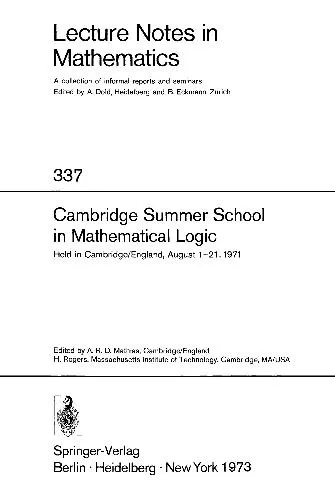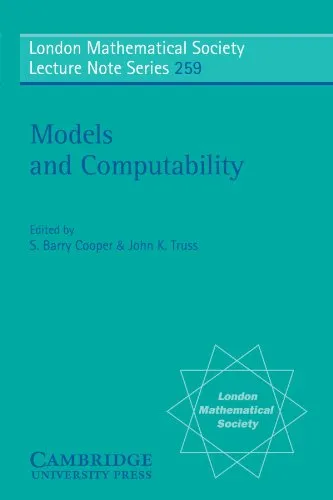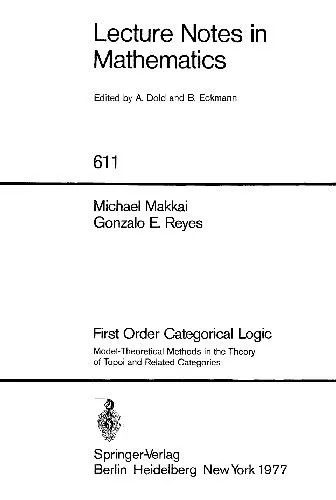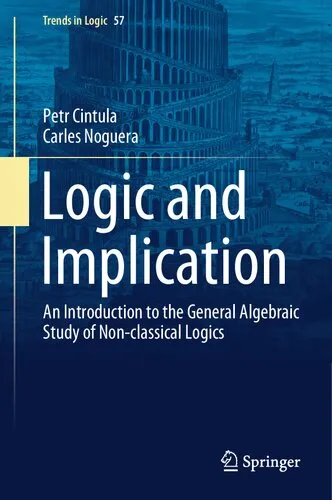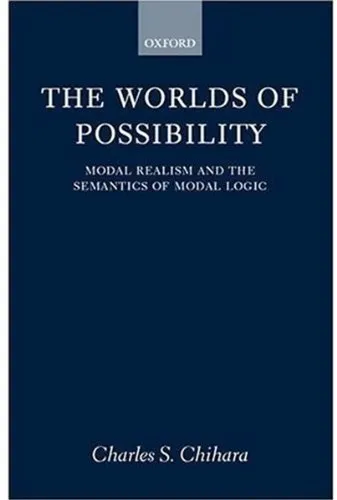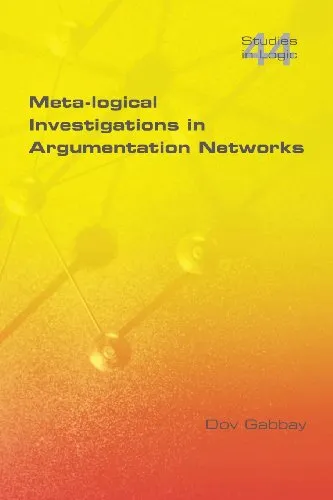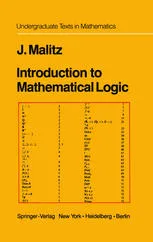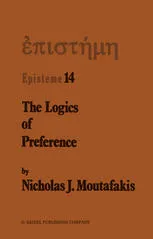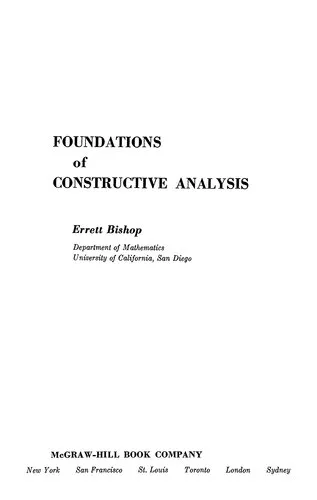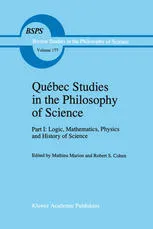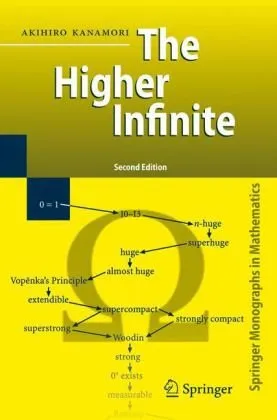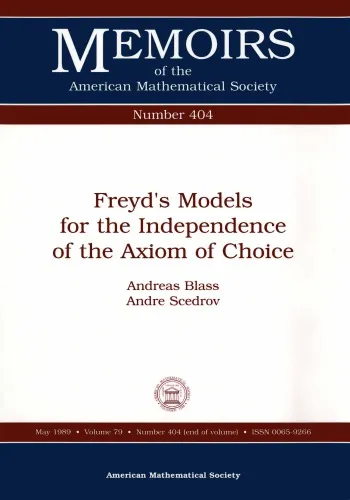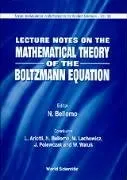Cambridge Summer School In Mathematical Logic
4.6
Reviews from our users

You Can Ask your questions from this book's AI after Login
Each download or ask from book AI costs 2 points. To earn more free points, please visit the Points Guide Page and complete some valuable actions.Related Refrences:
Introduction to Cambridge Summer School in Mathematical Logic
"Cambridge Summer School in Mathematical Logic" is a highly acclaimed work that captures the essence of one of the most pivotal academic gatherings in the field of mathematical logic. Edited by Mathias A. R. D. and Rogers H., this book is a comprehensive compilation of lectures, seminars, and discussions that transpired at the renowned summer school held at Cambridge. Dedicated to presenting cutting-edge advancements alongside foundational principles, the book serves as an invaluable resource for both aspiring and seasoned logicians. The text stands as a clear bridge between classical mathematical concepts and their modern, formal logical counterparts.
This book provides a unified platform for the exploration of formal systems, set theory, recursion theory, model theory, and proof theory. It ensures that readers gain deep insights into the interplay between mathematics, philosophy, and logic. Readers are invited on an intellectually stimulating journey where they engage with complex yet accessible scholarly materials, learn from world-renowned contributors, and tackle key challenges within the discipline. Whether you're a mathematician, computer scientist, or philosopher, this book offers thought-provoking discussions to widen your intellectual horizons.
Detailed Summary of the Book
The book comprises contributions from several distinguished scholars who participated in the Cambridge Summer School. It is thoughtfully divided into multiple chapters, each addressing critical areas of mathematical logic. Topics range from foundational set theory and logic to advanced explorations of model theory, recursion theory, and proof systems.
Through detailed expositions and rigorous mathematical formulations, the text builds from basic concepts to advanced topics. The initial chapters lay the groundwork by introducing indispensable logical frameworks and axiomatic systems. Progressively, the content delves into abstract constructs, such as Gödel’s incompleteness theorems, formal arithmetic theories, and decidability problems. There is a strong emphasis on comprehending logical hierarchies and formal languages, with ample examples provided to reinforce understanding.
Integrated amongst these lessons are essays and problem sets that challenge readers to actively apply the knowledge they've learned. These exercises reflect the interactive nature of the original summer school lectures. More than a mere textbook, this book functions as a window into the dynamism and collaborative spirit of a transformative academic event.
Key Takeaways
- An in-depth understanding of key areas, like model theory, recursion theory, and proof systems.
- Exposure to cutting-edge developments in mathematical logic as of the mid to late 20th century.
- A robust framework for addressing foundational questions in mathematics and formal systems.
- Practical exercises that reinforce theoretical insights and encourage critical problem-solving skills.
- Clarity on the roles of formalism, intuition, and abstraction in mathematical logic.
Famous Quotes from the Book
"Mathematical logic does not separate itself from mathematics; instead, it seeks to illuminate the very structure and nature of mathematical truth."
"To understand logic is to understand the language in which the universe of mathematics is written."
Why This Book Matters
"Cambridge Summer School in Mathematical Logic" occupies a unique position in the landscape of mathematical literature. It serves as a historical document capturing defining moments in logical research as well as a timeless resource for students and scholars. Unlike conventional texts, this book emphasizes collaboration and the cross-pollination of ideas, embodying the spirit of the original academic environment.
Furthermore, its multifaceted approach provides clarity on some of the most difficult topics in logic, offering rigorous explanations without sacrificing readability. As contemporary advancements in mathematics increasingly rely on logic's foundations, this book remains more relevant than ever. Its content not only pays homage to the legacy of logic's pioneers but also inspires future generations to question, discover, and innovate.
For anyone interested in the profound questions underpinning computation, mathematics, and even artificial intelligence, this book represents a cornerstone of knowledge and intellectual inspiration.
Free Direct Download
You Can Download this book after Login
Accessing books through legal platforms and public libraries not only supports the rights of authors and publishers but also contributes to the sustainability of reading culture. Before downloading, please take a moment to consider these options.
Find this book on other platforms:
WorldCat helps you find books in libraries worldwide.
See ratings, reviews, and discussions on Goodreads.
Find and buy rare or used books on AbeBooks.
